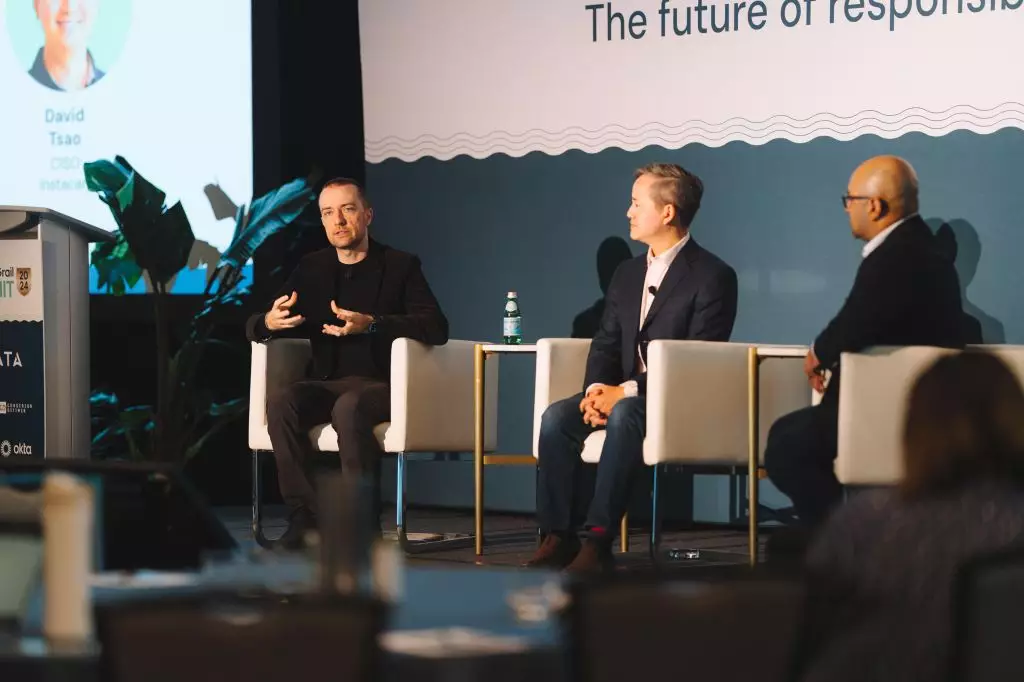At the recent DataGrail Summit 2024, industry experts came together to address the escalating risks associated with artificial intelligence (AI). Dave Zhou, the Chief Information Security Officer (CISO) of Instacart, and Jason Clinton, CISO of Anthropic, underscored the critical need for robust security measures to keep up with the exponential advancements in AI capabilities. Specifically, during a panel discussion titled “Creating the Discipline to Stress Test AI – Now – for a More Secure Future,” these leaders emphasized the pressing nature of the current situation.
Jason Clinton of Anthropic highlighted the rapid growth of AI capabilities over the years, citing a 4x year-over-year increase in the total amount of compute used to train AI models since the advent of the perceptron in 1957. This exponential curve is pushing AI into uncharted territory, rendering current safeguards potentially outdated. Driving the point home, Clinton urged companies to anticipate future developments and not fall behind the ever-evolving landscape of AI technologies.
For Dave Zhou at Instacart, the challenges of securing vast amounts of sensitive data and navigating the unpredictable nature of large language models (LLMs) are immediate and daunting. Zhou pointed out the susceptibility of AI models to manipulation and errors, highlighting the potential real-world consequences of AI-generated content. This underscores the importance of implementing stringent security protocols to safeguard against such risks.
Throughout the summit, speakers emphasized the need for companies to invest as heavily in AI safety systems and security frameworks as they do in the AI technologies themselves. Zhou stressed the importance of balancing investments to ensure that the benefits of AI productivity are not overshadowed by the potential risks associated with unsecured AI systems. Without a concerted focus on minimizing risks, companies may find themselves vulnerable to disasters stemming from AI-related mishaps.
Clinton’s insights into the complexities of AI behavior shed light on the fundamental uncertainties that accompany AI integration into critical business processes. He highlighted the challenges posed by neural networks that exhibit unexpected behaviors and emphasized the need for a deeper understanding of AI operations. The example of a neural network fixating on the Golden Gate Bridge serves as a cautionary tale, illustrating the need for greater transparency and governance in AI development.
As AI systems become more deeply integrated into business operations, the potential for catastrophic failures looms large. Clinton warned of a future where AI agents could autonomously make complex decisions, underscoring the necessity for organizations to focus on future-proofing their AI governance frameworks. CEOs and board members must heed these warnings and ensure that their organizations prioritize security alongside innovation to navigate the challenges posed by the AI revolution.
The escalating risks associated with AI development require a proactive approach to security and governance. As AI continues to transform industries and drive innovation, organizations must remain vigilant and prioritize safety measures to mitigate the potential dangers posed by unchecked AI systems. The call for enhanced security measures and balanced investments in AI safety systems is not just a recommendation – it’s a necessity in a world where intelligence comes hand in hand with unprecedented risks.


Leave a Reply
You must be logged in to post a comment.